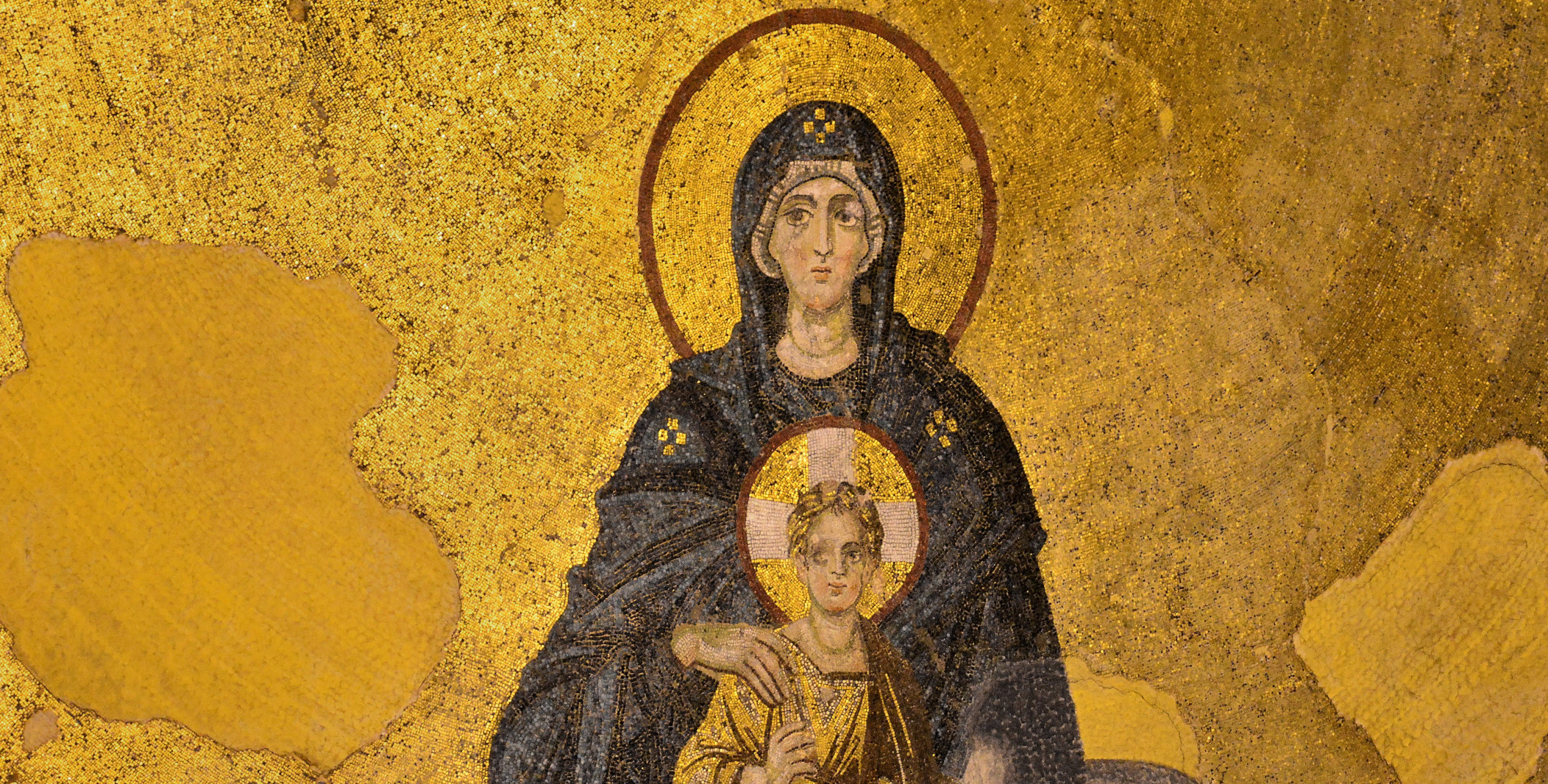The Advent story, as commonly conceived, tells of the remarkable events that lead up to the birth of Jesus, as found in the opening chapters of Luke’s Gospel. It also introduces the reader to some of the most powerful political powers of the time–and indeed, of all time.
Only then to ignore them.
Login to read more
Sign in or create a free account to access Subscriber-only content.
Topics:
